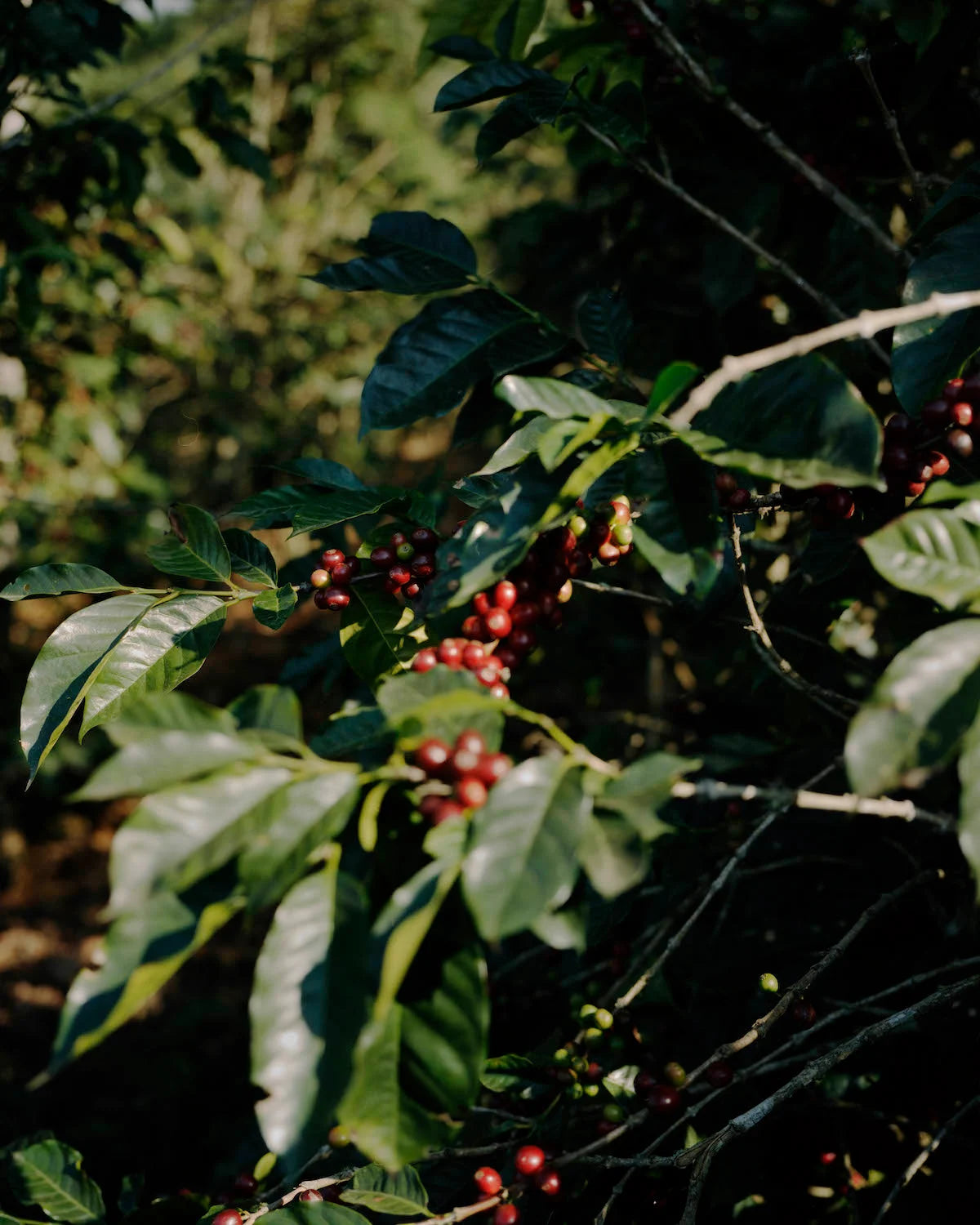Rozali Coffee
Jose Recinos Diaz - Natural Pacamara - El Salvador
Jose Recinos Diaz - Natural Pacamara - El Salvador
Finally a roaster in Germany who doesn't shy away from roasting competition coffees! Rozali coffee is based in Berlin and run by David who was the head roaster at the barn Berlin between 2017 and 2019.
We usually have troubles with most naturals which makes it even better if we find those clean enough to meet our standards. This is such an example. Produced in El Salvador at Finca San Andres we brought in a Pacamara variety which is incredible. It's kind of hard to find nice Pacamaras even though this variety brings so many great features like delicate acidity and nice complexity. But a lot of Pacamara lots out there seem to have a defect which is kind of herbal but unpleasent if its too dominant. Here you'll find none of the latter. Just great complexity and cleanliness with winey and cherry like notes complimented by a long vanilla like finish.
Roast date: 13/08/2024
Weight: 250g
Couldn't load pickup availability
Share

-
Producer
Jose Recinos Diaz
-
Roastery
Rozali Coffee
-
Taste notes
Pinot Noir, Cranberry, Cherry, Vanilla
-
Process
Natural
-
Region
Chalatenango, Alotepec-Metapan
-
Variety
Pacamara

Natural Process
The Natural Process is the original method of processing coffee that can be dated back generations. When the Natural Process is done under careful and controlled conditions, it offers a premium flavour experience that is not found when a coffee is processed as a Washed Process: deep fruit and floral notes, often with a heavier body and less acidity.
The coffee cherries are first sorted and then spread in a thin layer (2-6 cm) on raised drying beds. These special drying beds are used for almost all high-quality Natural Processed coffees because they increase the circulating air flow around the coffee cherries and thus lead to better drying. It is extremely important that the coffee cherries are carefully sorted early on in the drying process, otherwise the cherries will brown too quickly and it will no longer be possible to recognise under- and overripe cherries in the further process. The coffee cherries are constantly turned in order to prevent possible mould formation and overfermentation. The cherries are turned until they have a moisture content of less than 20% and the outer layer of the coffee cherry shrinks and turns completely dark in colour. This process takes around 2 to 4 weeks, depending on the weather conditions.
Beschreibung ©La Cabra


